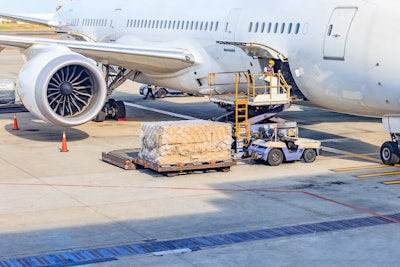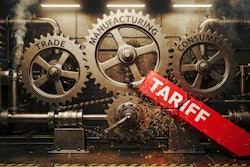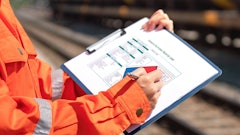
Challenges within the aerospace industry’s supply chain are delaying production of new aircraft and parts, resulting in airlines reevaluating their fleet plans, and in many cases, keeping older aircraft flying for extended amounts of time.
In fact, the worldwide commercial backlog reached a historic high of more than 17,000 aircraft in 2024, significantly higher than the 2010-2019 backlog of around 13,000 aircraft per year, according to Reviving the Commercial Aircraft Supply Chain report released by the International Air Transport Association (IATA) in collaboration with Oliver Wyman.
“Airlines depend on a reliable supply chain to operate and grow their fleets efficiently. Now we have unprecedented waits for aircraft, engines and parts and unpredictable delivery schedules. Together, these have sent costs spiraling by at least $11 billion for this year and limited the ability of airlines to meet consumer demand. There is no simple solution to resolving this problem, but there are several actions that could provide some relief. To start, opening the aftermarket would help by giving airlines greater choice and access to parts and services. In parallel, greater transparency on the state of the supply chain would give airlines the data they need to plan around blockages while helping OEMs to ease underlying bottlenecks,” says Willie Walsh, IATA’s director general.
Key takeaways:
· The slow pace of production is estimated to cost the airline industry more than $11 billion in 2025, driven by four main factors:
Excess fuel costs (~$4.2 billion): Airlines are operating older, less fuel-efficient aircraft because new aircraft deliveries are delayed, leading to higher fuel costs.
Additional maintenance costs ($3.1 billion): The global fleet is aging, and older aircraft require more frequent and expensive maintenance.
Increased engine leasing costs ($2.6 billion): Airlines need to lease more engines since engines spend longer on the ground during maintenance. Aircraft lease rates have also risen by 20–30% since 2019.
Surplus inventory holding costs ($1.4 billion): Airlines are stocking more spare parts to mitigate unpredictable supply chain disruptions, increasing inventory costs.
“Today’s aircraft fleet is larger, more advanced, and more fuel efficient than ever before,” says Matthew Poitras, partner in Oliver Wyman’s Transportation and Advanced Industrials practice. “However, supply chain challenges are impacting airlines and OEMs alike. We see an opportunity to catalyze an improvement in supply chain performance that will benefit everyone, but this will require collective steps to reshape the structure of the aerospace industry and work together on transparency and talent.”


















